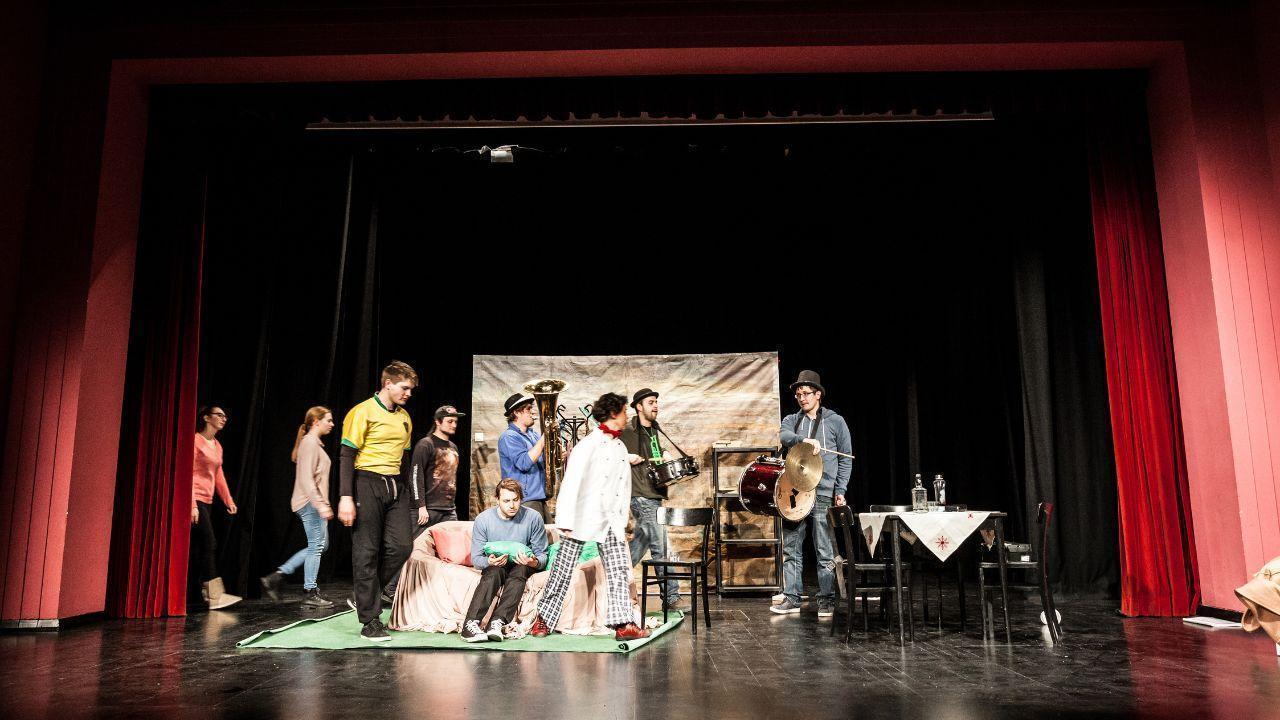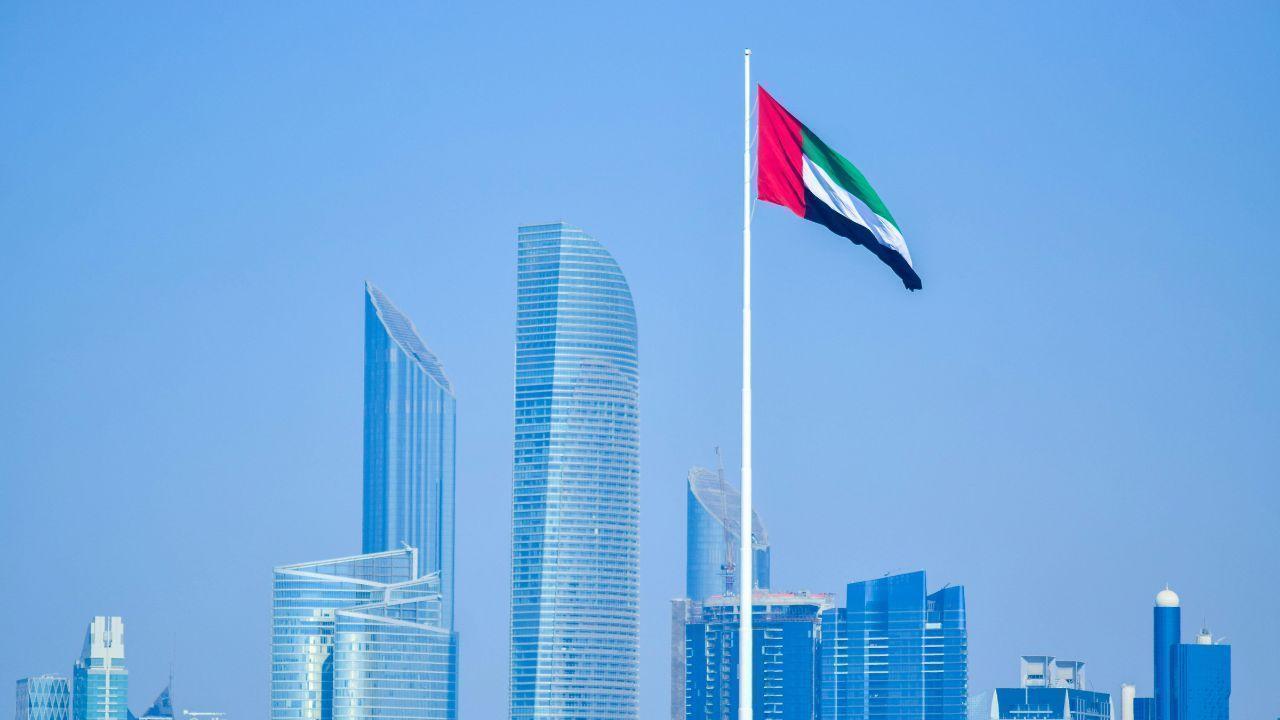
Post by: Luxmi Verma
There is more to theatre than merely amazement. It gives as a powerful tool to express, reflect, and shape cultural identity. From ancient Greek tragedies to contemporary plays, the stage has been used for centuries to tell stories that reveal the values, struggles, and aspirations of different communities. The impact of theatre on cultural identity is profound, influencing not only how societies view themselves but also how they are perceived by others. Here article, we will explore the various ways theatre shapes and preserves cultural identity, bringing people together through shared experiences, values, and narratives.
One of the most significant ways the impact of theatre on cultural identity manifests is through its ability to reflect the cultural norms, beliefs, and traditions of a society. Theatre is often a mirror that reflects the social, political, and historical landscapes in which it is created. Whether through comedies, tragedies, or historical dramas, plays provide audiences with a glimpse into the societal fabric of a time period.
In many cultures, theatre serves as an avenue to tell stories passed down through generations. Traditional plays, folk tales, and rituals are often enacted on stage, preserving the essence of a community’s heritage. For instance, in African theatre, traditional storytelling techniques are used to address social issues while maintaining a connection to ancestral values. Similarly, in Asian theatres like Japanese Noh or Chinese Opera, performances are deeply embedded in the cultural and spiritual practices of the region, maintaining an ongoing link to history.
In addition to reflecting culture, theatre has long been used as a tool for social change, further demonstrating the impact of theatre on cultural identity. Throughout history, playwrights and performers have used the stage as a platform to challenge existing norms and push for transformation in their societies.
From the politically charged plays of Bertolt Brecht to the social critiques of August Wilson, theatre has often been at the forefront of cultural revolutions. By addressing social injustices, questioning the status quo, and portraying marginalized voices, theatre has the ability to shape cultural identity by reshaping public perception. This transformative power of theatre allows audiences to engage in critical conversations about race, gender, class, and identity, thus influencing how individuals and communities define themselves.
One of the most significant aspects of the impact of theatre on cultural identity is its role in preserving languages and traditions. In many parts of the world, especially in indigenous communities, theatre is used to pass down language and customs to younger generations. For example, in regions like the Amazon rainforest, indigenous theatre productions utilize native languages and traditional dances to teach children the importance of cultural practices that might otherwise be at risk of disappearing.
Theatre also plays a crucial role in preserving historical narratives that are often overlooked in mainstream education. Plays that focus on indigenous history, minority experiences, and cultural struggles offer a platform for storytelling that highlights important aspects of a group’s identity.
In many societies, theatre serves as a collective memory bank, helping communities remember significant events that have shaped their identities. Whether it's a historical play depicting a pivotal moment in a nation's history or a piece focused on a local hero, theatre preserves and disseminates collective memories.
For example, in post-apartheid South Africa, theatre played a crucial role in healing and reconciliation. Plays such as "Sizwe Banzi Is Dead" by Athol Fugard explored themes of racial identity and the struggle for dignity, helping audiences process the pain and triumphs of the past. And, in Europe, theatre has been used as a medium to reflect on the impacts of war and dictatorship, helping societies come to terms with their past while simultaneously shaping a new cultural identity.
Another key aspect of the impact of theatre on cultural identity is its role in amplifying the voices of marginalized groups. Historically, the mainstream theatre world has often excluded or misrepresented minority communities. However, over the years, the stage has become a space for people from diverse backgrounds to tell their own stories.
The rise of African American theatre, Latinx theatre, and LGBTQ+ theatre are just a few examples of how theatre is becoming more inclusive and representative of different cultural identities. These productions not only highlight the struggles and triumphs of these communities but also challenge dominant narratives, offering audiences a more complex and nuanced understanding of cultural identity.
Theatre is not confined to one cultural boundary. It has a unique ability to foster intercultural dialogue and understanding. Theatre's influence on cultural identity can be seen in how it brings people from different cultures together to engage with shared human experiences. International theatre festivals, for instance, provide a platform for artists from diverse cultural backgrounds to exchange ideas, learn from each other, and collaborate on projects that transcend national and cultural boundaries.
In today’s globalized world, theatre has the power to create cross-cultural awareness, breaking down stereotypes and fostering empathy. By presenting stories from different parts of the world, theatre creates a space for people to explore and celebrate differences while recognizing common threads that unite us all.
In recent years, theatre has played a vital role in contemporary cultural movements, such as those advocating for racial justice, gender equality, and climate change awareness. Through powerful performances, theatre companies have been able to highlight pressing issues and provoke thought, encouraging audiences to take action.
When discussing the "best play of all time," opinions may vary depending on cultural preferences, historical context, and personal taste. However, one play often considered among the greatest in Western theatre is "Hamlet" by William Shakespeare.
Hamlet by William Shakespeare
"Hamlet", written by William Shakespeare around 1600, is widely regarded as one of the most influential and well-crafted plays. The play is a tragedy that revolves around the themes of revenge, madness, mortality, and the complexities of human nature. It follows the story of Prince Hamlet of Denmark, who is deeply affected by the sudden death of his father, King Hamlet. The ghost of his father appears to Hamlet, revealing that he was murdered by his brother Claudius.
While other plays, such as "A Doll's House" by Henrik Ibsen, "King Lear" by Shakespeare, or "Waiting for Godot" by Samuel Beckett, are also highly regarded as masterpieces, "Hamlet" is often considered the best play of all time due to its profound themes, complex characters, and its influence on generations of writers and performers.
This article explores the significant impact of theatre on cultural identity. It examines how theatre reflects societal values, preserves traditions, and drives social change. Theatre amplifies marginalized voices, fosters intercultural dialogue, and shapes collective memories. Additionally, it highlights theatre's role in contemporary movements addressing social issues. The article concludes with a focus on Shakespeare’s Hamlet, often considered one of the greatest plays, due to its deep exploration of human themes like revenge, mortality, and power.
The views and opinions expressed in this article are those of the author and do not necessarily reflect the official stance of the DXB News Network. The content is provided for informational purposes only, and readers are encouraged to conduct further research.
#trending #latest #Theatre #CulturalIdentity #SocialChange #CulturalHeritage #TheatreInclusion #InterculturalDialogue #TheatreArt #MarginalizedVoices #HumanNature #Shakespeare #Hamlet #CulturalMovements #TheatreImpact #PreservingTraditions #ModernTheatre #breakingnews #worldnews #headlines #topstories #globalUpdate #dxbnewsnetwork #dxbnews #dxbdnn #dxbnewsnetworkdnn #bestnewschanneldubai #bestnewschannelUAE #bestnewschannelabudhabi #bestnewschannelajman #bestnewschannelofdubai #popularnewschanneldubai

Despite legal concerns, Trump's order keeps TikTok running, and no one is challenging it. Here’s why....Read More.

Fawad Khan makes his Bollywood comeback in Abir Gulaal with Vaani Kapoor. The romantic drama releases on May 9, 2025. Watch the teaser now...Read More.














UAE Wins 16 Medals at Special Olympics World Winter Games 2025
UAE athletes shine at Special Olympics Winter Games 2025, winning 16 medals. A proud moment for incl

Meta’s AI Research Head Joelle Pineau to Step Down in May
Joelle Pineau, Meta’s VP for AI research, will step down in May after 8 years. She led Meta’s open-s

Real Madrid Edge Real Sociedad in 4-4 Thriller to Reach Final
Real Madrid fought back from 4-2 down to draw 4-4 with Real Sociedad sealing a 5-4 aggregate win. Ru

Nottingham Forest Near Champions League After Elanga’s Goal
Anthony Elanga’s stunning solo goal secured Nottingham Forest’s 1-0 win over Man United, pushing the

Ananya Panday Shines at IPL 2025 with Stunning Dance Performance
Bollywood star Ananya Panday dazzled the crowd at Wankhede Stadium with her energetic dance before M